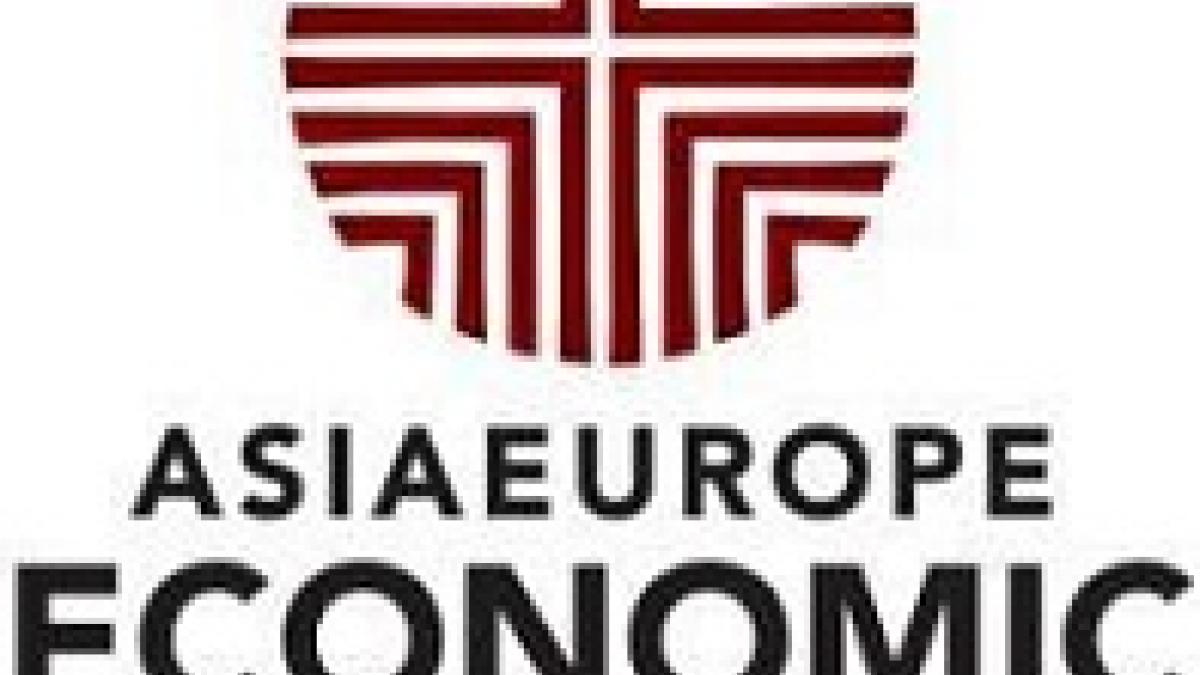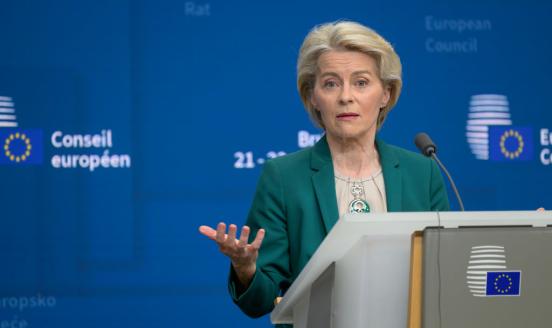11th Asia Europe Economic Forum (AEEF)
The 11th AEEF Conference discussed the topic "What can Asia learn from economic reforms in Europe?".


We are pleased to announce that the 11th AEEF conferencewill take place on 5-6 December 2014 in Tokyo, Japan. The event is jointly organised by this year’s host Asian Development Bank Institute (ADBI), Chinese Academy of Social Sciences (CASS), and Korea University (CEAS) on the Asian side and Bertelsmann Stiftung, Bruegel and Centre d'Etudes Prospectives et d'Informations Internationales (CEPII) on the European side. The event will bring together a range of high-ranking participants, including active and former senior policymakers, recognized academic experts and private sector specialists.
Summary of the event-
Programme -
Friday, 5 December, 2014
15:45 – 16:15 Registration
16:15 – 16:30 Welcoming Remarks
- Guntram Wolff, Director, Bruegel, and Naoyuki Yoshino, Dean, ADBI
16:30 – 18:00 Session I: Macroeconomic and Financial Policy at a Crossroad
Session description: Continued sluggish growth and fears of deflation have revived discussions about the appropriate monetary policy choice in the Euro zone area. At the same time in Asia, Japan continues an aggressive QE policy, while the PRC attempts to internationalize its currency. The session will discuss the implications of the different monetary policy choices and other macroeconomic policies in Asia and Europe.
Moderator: Kyung Wook Hur, former Korean vice-minister of finance and economy and former ambassador to the OECD
Presenters:
- Guntram Wolff, Bruegel
- Masahiro Kawai, Tokyo University
- Guonan Ma, Bruegel
Discussants:
- Yung Chul Park
- Zhang Liqing, Central University of Finance and Economics
18:00 – 18:10 Photo session
18:15 – 20:30 Reception and Dinner
20:30 – 21:30 Meeting of AEEF Members
Saturday, 6 December, 2014
8:30 – 10:00 Session II: Structural Reforms: How to Revive Growth in Asia and in Europe?
Session description: In the aftermath of the Global Financial Crisis economic growth and growth prospects in the majority of developed countries remain weak. In order to achieve stronger and more balanced growth, a number of countries in Asia and Europe have started to implement structural reforms. This session will analyse the nature of these reforms and whether they are appropriate to revive growth, investment and employment.
Moderator:Ido Kiyoto, Vice Chairman, Toyota Institute for International Economic Studies
Presenters:
- Lorenzo Codogno, Director General and Chief Economist of the Italian Treasury
- Jean Pisani-Ferry, Hertie School of Governance
- He Fan, CASS
Discussants:
- Rüdiger von Kleist, Ministry of Finance, Germany
- Asakawa Masatsugu, Director General, Ministry of Finance, Japa
10:00 – 10:30 Keynote Speech
Changyong Rhee, Director, Asia and Pacific Department, IMF
10:30 – 10:45 Coffee Break
10:45 – 12:15 Session III: The interplay between SMEs development and the financial sector in Asia and Europe
Session description: In many European and Asian economies SMEs contribute significantly to economic output and play a crucial role for job creation. However, SMEs face considerable constraints which hamper their development, such as limited access to finance and difficulties in financing R&D. Some of these difficulties stem from a malfunctioning of the financial sector. This session will shed light on the different experiences of European and Asian SMEs and will yield interesting comparisons and insights.
Moderator:Shaun Gavigan, ASEF
Presenters:
- Junghan Koo, Director of Consumer Finance and Protection Division, Korea Institute of Finance
- Federico Galizia, Head of Risk Management and Operations, European Investment Fund
Discussants:
- Naoyuki Yoshino, Dean, ADBI
- Xu Jianguo, Peking University
12:15 – 12:45 Keynote Speech
Dr. Sayuri Shirai, Member of the Policy Board, Bank of Japan (tbc)
12:45 – 13:45 Lunch (Kazan Kaikan, 37th Floor in the next building)
13:45 – 15:15 Session IV: Globalization and Income Distribution
Session description: Welfare gains of economic growth are often distributed unevenly among countries, but also within countries. Consequently, globalization produces both winners and losers. This session will focus on the effects globalization has on incomes, employment, and consumption in different countries in Asia and Europe. The session will also look at possible policy responses and their interaction with international competition.
Moderator: Hideo Akabayashi, Keio University (tbc)
Presenters:
- Xu Jianwei, Beijing Normal University
- Andreas Esche, Bertelsmann Foundation
- Guanghua Wan, ADB (tbc)
Discussants:
- Carsten Herrmann-Pillath, Universität Witten/Herdecke, Germany
- Robert Rudolf, Korea University, Republic of Korea
15:15 – 15:30 Coffee Break
15:30 – 17:00 Session V: Strengthening the world trading system: Multilaterlizing regional trade agreements
Session description: Global trade generally yields welfare gains for the economies involved, however, the welfare gains need to be distributed fairly. Furthermore, preferential trade agreements exclude certain countries which will bias the accumulation of welfare gains. In order to achieve a more equal distribution, it is necessary to revitalize multilateral approaches to international trade. This panel will analyze how this objective can be achieved. It will also study questions related to the liberalization of trade in services as well as groupwise liberalization initiatives (plurilaterals).
Moderator: Heung Cheong Kim, Vice President of the Korea Institute of External Economic Policy
Presenters:
- Gabriel Felbrmayer, University of Munich
- Innwon Park, Korea University
- Sébastien Jean, CEPII
Discussants:
- Yorizume Watanabe, Keio University
- Matthias Helble, ADBI
17:00 Closing Remarks
Ganeshan Wignaraja, ADBI
About AEEF
With a growing recognition for the need to diversify and consolidate the linkage between economists and practitioners from Asia and Europe, five institutions from Asia and Europe agreed in 2006 to establish an Asia Europe Economic Forum (AEEF) to serve as a high level forum, giving Asian and European policy experts an occasion for in-depth research-based exchanges on global issues of mutual interest.



